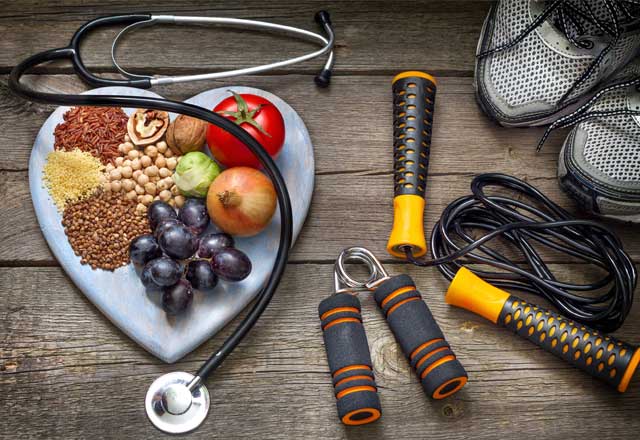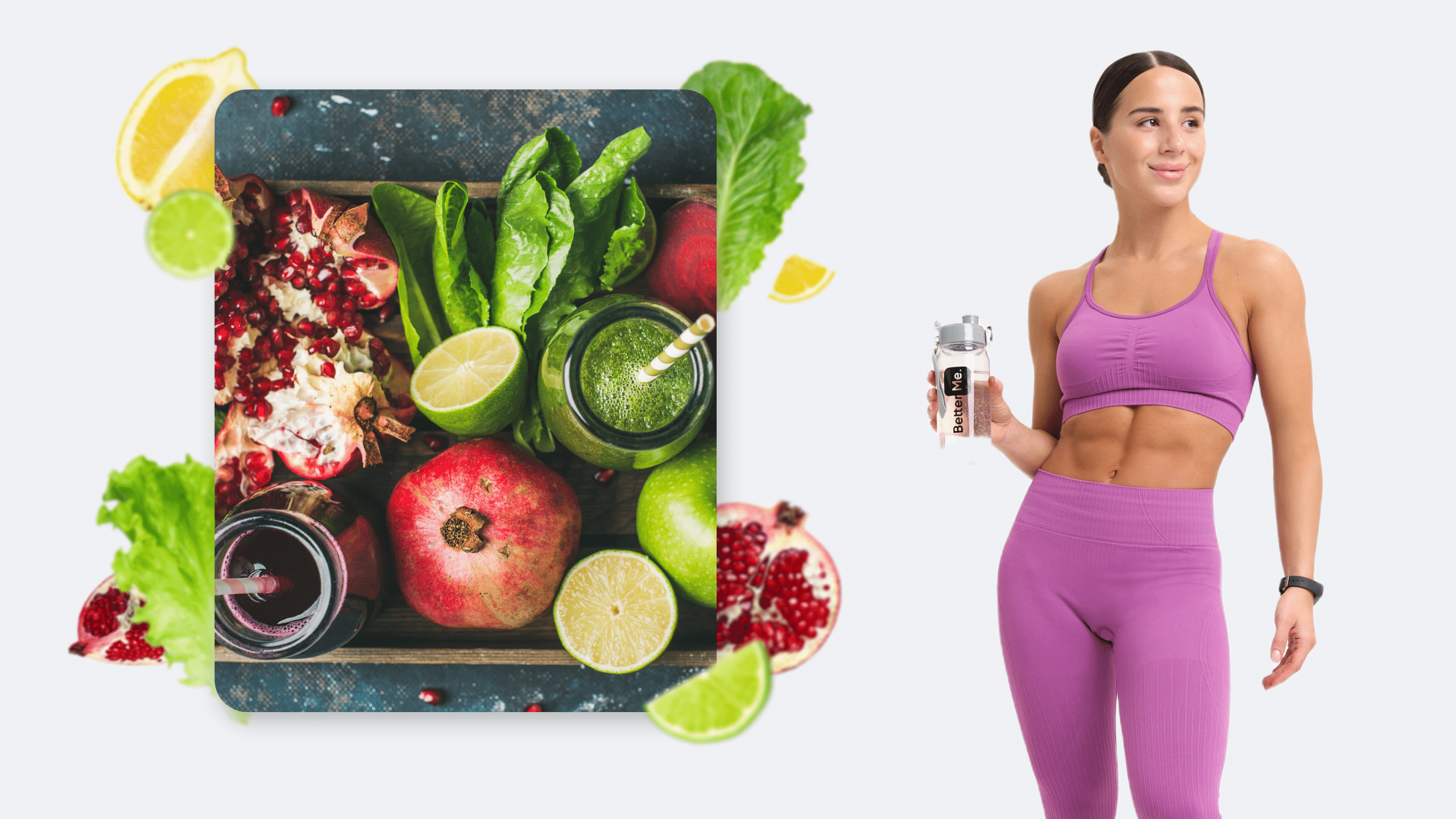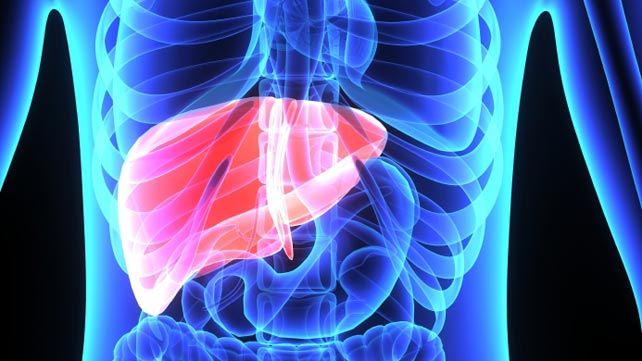Healthy Liver, Healthy You: Simple Steps to Liver Wellness
The liver is perhaps one of the most fundamental organs in the body, assuming an essential part in detoxification, digestion, and overall prosperity. Frequently referred to as the body’s natural filter, the liver processes everything you eat, drink, or absorb through your skin. Despite its resilience and regenerative capabilities, the liver is not invincible. Keeping it healthy is crucial for a long, vibrant life. Here, we’ll explore straightforward yet effective steps to ensure your liver stays solid and strong.
Figuring out the Liver's Job
Before diving into the steps for liver wellbeing, it’s important to understand the vital functions of this organ. The liver:
Filters toxins and by-products from the blood.
Produces bile, aiding in the digestion and absorption of fats.
Stores essential nutrients like vitamins and minerals.
Regulates blood sugar levels and fat metabolism.
Synthesizes proteins necessary for blood clotting and immune function.
A healthy liver ensures these processes run smoothly, significantly affecting your overall health.
1. Follow a Liver-Accommodating Eating routine
Your eating routine is a cornerstone of liver wellbeing. Consuming the right foods can enhance liver function and prevent damage. Focus on these key components:
Mixed Greens: Spinach, kale, and broccoli contain antioxidants that help detoxify the liver.
Healthy Fats: Avocados and nuts provide good fats that reduce liver inflammation.
Fiber-Rich Foods: Oats, whole grains, and legumes improve digestion and reduce the burden on the liver.
Hydrating Fruits: Watermelon, cucumber, and citrus fruits support hydration and liver function.
Herbs and Spices: Turmeric, garlic, and ginger are known for their anti-inflammatory and detoxifying properties.
Avoid processed foods, excessive sugar, and trans fats, as they contribute to liver fat accumulation and inflammation.
2. Stay Hydrated
Proper hydration is essential for liver detoxification. Drinking adequate water helps flush out toxins and aids in nutrient transportation. Aim for 8-10 glasses of water daily. Herbal teas like green tea or dandelion tea can provide additional liver-supportive benefits.
3. Work-out Consistently
Physical activity supports liver health by reducing fat deposits and improving blood flow. Regular exercise helps combat non-alcoholic fatty liver disease (NAFLD) and keeps your liver functioning optimally. Incorporate:
Aerobic activities like walking, running, or cycling.
Strength training exercises to build muscle and boost metabolism.
Stretching or yoga to improve circulation and reduce stress.
Aim for at least 150 minutes of moderate exercise each week.
4. Limit Liquor Admission
Excessive alcohol consumption is one of the leading causes of liver damage. Over time, it can result in conditions like fatty liver, alcoholic hepatitis, or cirrhosis. To protect your liver:
Drink in moderation: No more than one drink per day for women and two for men.
Choose alcohol-free days to reduce the liver’s workload.
Avoid binge drinking, which places immense stress on the liver.
5. Deal with Your Weight
Obesity is a major risk factor for liver diseases like NAFLD. Maintaining a healthy weight reduces fat buildup in the liver and lowers inflammation. Combine a balanced diet with regular physical activity to achieve and sustain your target weight.
6. Get Vaccinated
Vaccination can prevent infections that may harm the liver, such as hepatitis A and B. Consult your healthcare provider about:
Hepatitis A Vaccine: Recommended for those at risk of infection through contaminated food or water.
Hepatitis B Vaccine: Essential for everyone, particularly healthcare workers or those with high-risk lifestyles.
Routine screenings for hepatitis C are also advised, especially if you belong to a high-risk group.
7. Avoid Toxins
Exposure to harmful chemicals can damage your liver. Protect yourself by:
Avoiding direct contact with pesticides, industrial chemicals, and cleaning agents.
Using natural and eco-friendly alternatives whenever possible.
Wearing protective gloves and masks when handling toxic substances.
8. Use Medications Wisely
Many medications, including over-the-counter drugs, can strain the liver when used improperly. To minimize risk:
Always follow the prescribed dosage.
Avoid mixing medications with alcohol.
Consult your doctor before taking herbal supplements, as some can harm the liver.
9. Practice Safe Behaviors
Certain behaviors increase the risk of liver infections. Protect your liver by:
Using sterilized needles for tattoos, piercings, or medical purposes.
Practicing safe sex to reduce the risk of hepatitis transmission.
Avoiding the sharing of personal items like razors or toothbrushes.
10. Monitor Liver Health Regularly
Regular check-ups can help detect liver issues early, even before symptoms arise. Ask your doctor about:
Liver function tests to measure enzyme levels.
Ultrasound or imaging studies for a closer look at liver health.
Periodic screenings for conditions like NAFLD or hepatitis.
Signs of a Healthy Liver
A healthy liver functions efficiently, keeping your body balanced and energized. Signs of good liver health include:
Clear skin and eyes without yellowing.
Regular digestion and absence of bloating.
Steady energy levels throughout the day.
Balanced weight and appetite.
When to Seek Medical Help
If you experience symptoms like fatigue, jaundice, persistent abdominal pain, or dark urine, consult a healthcare professional immediately. Early intervention can prevent further liver damage and improve outcomes.
Conclusion
Your liver’s health is directly tied to your overall well-being. By incorporating these simple yet impactful steps—eating a liver-friendly diet, staying active, managing weight, and avoiding harmful substances—you can ensure your liver remains healthy for years to come. Remember, small changes in daily habits can lead to significant benefits. Embrace these steps today to unlock the full potential of a healthy liver and, ultimately, a healthier you.





























0 comments: